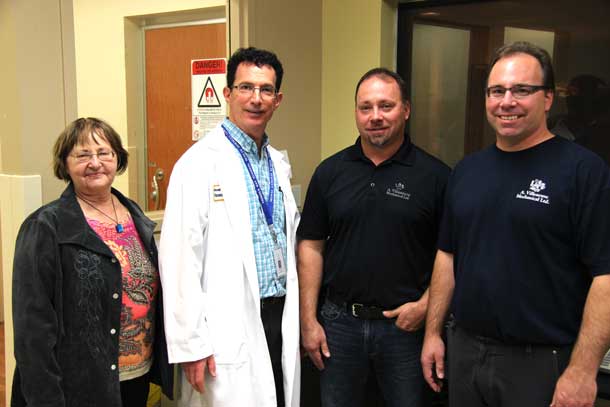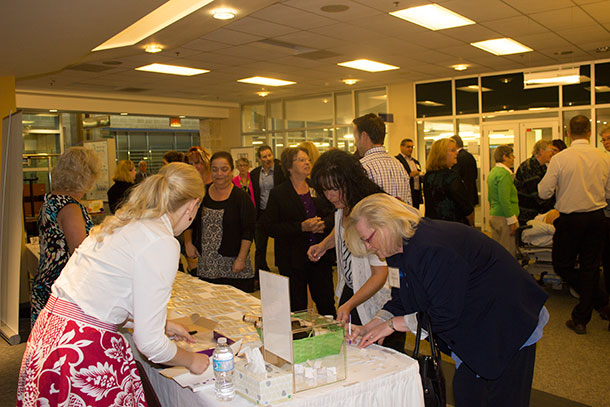
New Brain Research Assists Alzheimer’s Disease
THUNDER BAY – Imagine there was a more effective way to study the brain while treating Alzheimer’s disease. Dr. Mitch Albert, a researcher at Lakehead University and the Thunder Bay Regional Research Institute (TBRRI), is doing exactly that. “The goal of this research is to provide a more sensitive measurement of brain function in Alzheimer’s patients using hyperpolarized xenon,” Dr. Albert said.
He believes that when patients inhale hyperpolarized xenon gas, it will allow researchers to take a clearer picture of the brain when using an MRI (magnetic resonance imaging) machine.
This study will be the first large scale clinical trial in the world using hyperpolarized gas to take an image of the brain.
Dr. Mitch Albert, a researcher at Lakehead University, and the Thunder Bay Regional Research Institute, is receiving over $700,000 from the Weston Brain Institute to fund his three year study of the use of hyperpolarized xenon gas to get a clearer picture of the brain when using an MRI machine.
When patients inhale the gas, and it makes its way to the brain through the bloodstream, the quality of the images is ten times better than those taken using a regular MRI scan, said Albert. “It’s a new window on the brain.”






